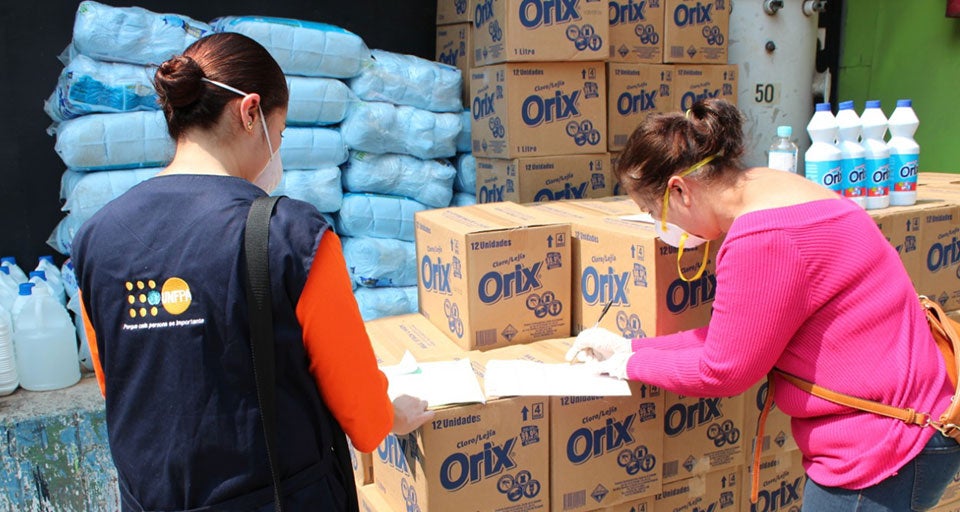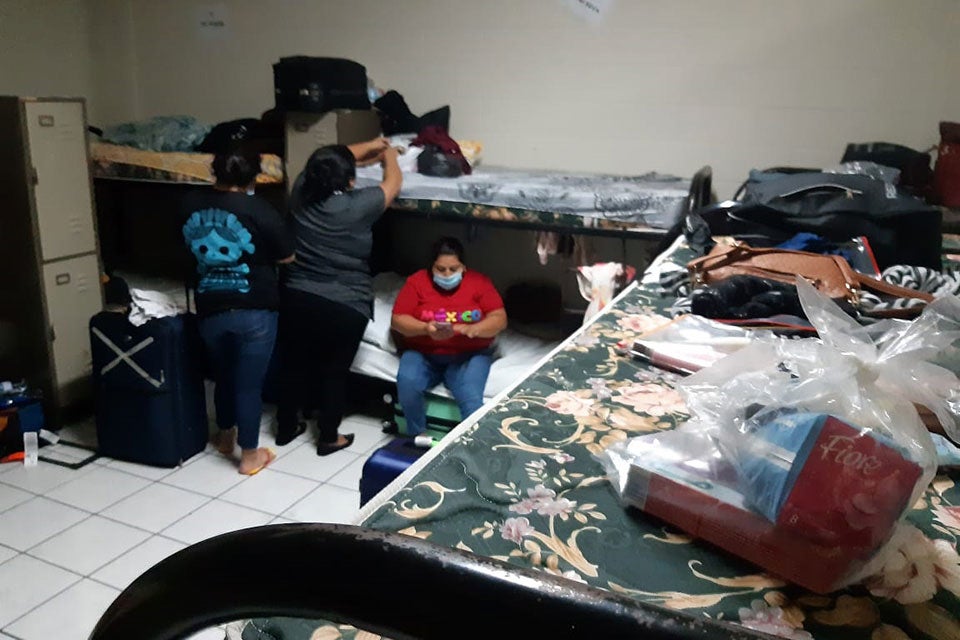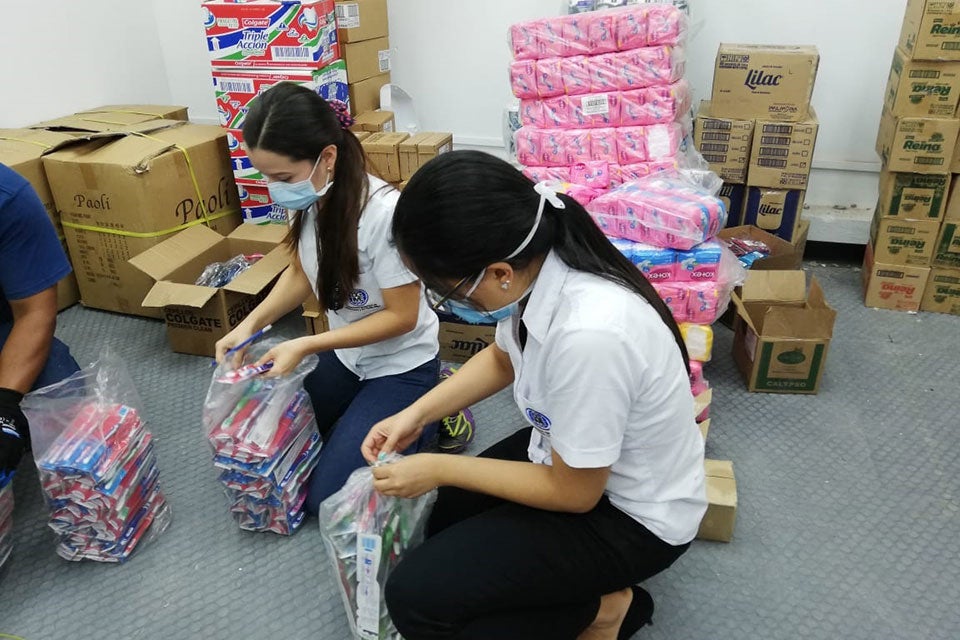Imprisoned, quarantined women need hygiene supplies in El Salvador
Date:

Hygiene supplies are urgently needed among women in prisons and quarantine centres in El Salvador.
Women in prisons in El Salvador are at high risk COVID-19 infection. Living in tight quarters, detainees typically rely on hygiene items supplies delivered by relatives during visitation days – which have halted due to the global pandemic. There are approximately 4,000 women imprisoned in El Salvador, according to the Directorate of Prisons.
Hygiene materials are additionally needed among the 1,000 Salvadorian women who are required to stay in quarantine centres upon entry to the country.
Menstruation in quarantine
“One of the most difficult situations to cope with during quarantine is women's personal hygiene due to one’s menstrual period,” said Claudia Ramírrez, a Salvadorean journalist who spent time in a quarantine centre following international travel.

She was aware that she would be subject to a 30-day mandatory quarantine. “Knowing that in a few days I would have my period, I bought enough resources to deal with the discomfort of that situation in an unknown environment,” she explained.
Even so, the living conditions made managing personal hygiene difficult. “Lack of water or personal spaces were two of the most important challenges,” she said.
The quarantine centre distributed a package of sanitary pads to each woman. “However, each woman experiences her menstrual period differently, some more intensely than others.”
Many women had roommates, she noted, which could be uncomfortable for those attempting to maintain social distancing protocols. “The issue of intimacy and valuing space was quite difficult for a woman in the midst of a lot of uncertainty,” she told UNFPA.
Of the women under quarantine, about 150 are in centres run by the General Directorate of Migration and Alien Affairs (DGME) for persons returning to the country after deportation, mostly from Mexico and the United States. This population is expected to grow as countries strengthen immigration enforcement measures and increase deportations.
Dignity for all
UNFPA and UN Women have distributed more than 1,300 dignity kits containing essential hygiene supplies such as soap and menstrual pads to women living in prisons.

“In the current context of the COVID-19 pandemic, the health and rights of all women, and in particular those deprived of liberty, must be protected to mitigate the limitations of their confinement and keep them free from stigma and discrimination," said UN Women representative in El Salvador Ana Elena Badilla.
Even people in detention are entitled to "human rights and the right to health, including sexual and reproductive health,” said Hugo González, UNFPA's representative in El Salvador.
In addition, more than 360 dignity kits have been provided to DGME and the Salvadoran Institute for the Advancement of Women, for distribution to women in quarantine centres.
These distributions, coordinated by the United Nations country team, came alongside a digital awareness-raising campaign on how to prevent infection and transmission of the virus.
Intensifying efforts
Today, more than 200 cases of COVID-19 have been confirmed in El Salvador, and authorities are stepping up efforts to stop the spread of the virus.
The General Directorate of Prisons is implementing a COVID-19 Emergency Plan, which includes increased cleaning and sanitation measures and reinforced medical services.
UNFPA is also intensifying efforts to meet the needs of vulnerable women, and is working towards “protecting front-line health workers working to preserve the lives of Salvadorians", Mr. González said, including through the delivery of supplies to medical personnel.